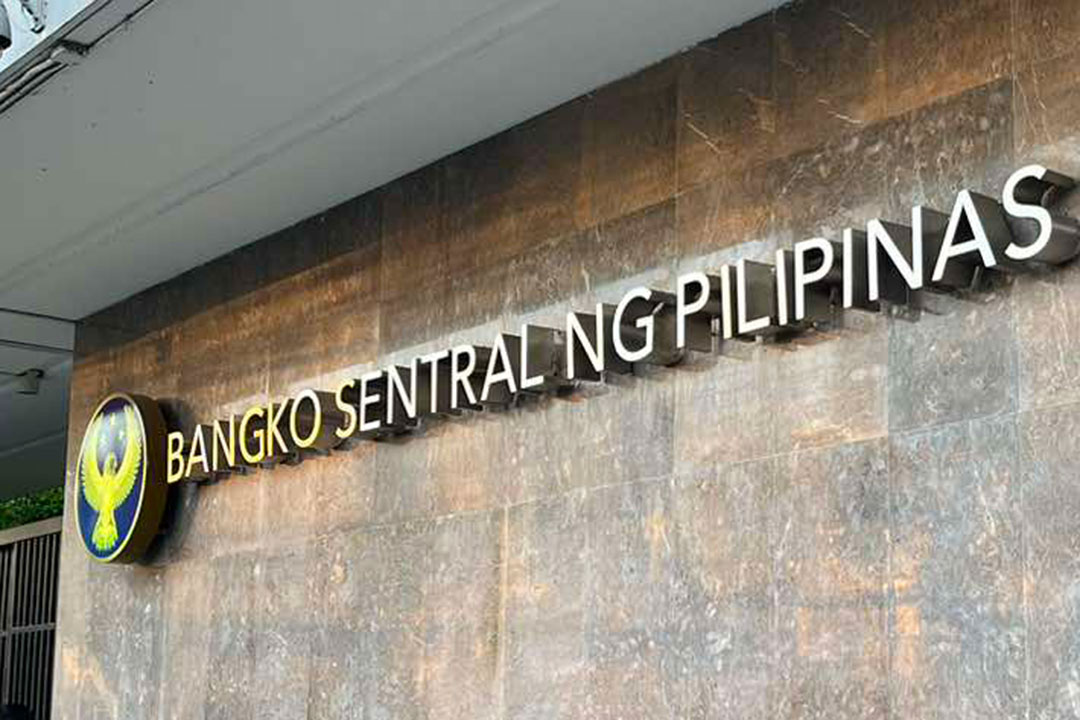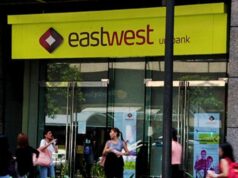BSP pushes for digitalization of firms’ wage payments

THE BANGKO SENTRAL ng Pilipinas (BSP) is pushing for the digitalization of wage payments to help boost financial inclusion.
“Digitalizing wage payments is one of the most effective tools in driving financial inclusion. A study indicated that more than half of adults in developing countries opened their first bank accounts to receive digital wage payments,” the BSP said in a statement.
“For employees, therefore, wage digitalization can unlock access to financial products and services -— such as savings and insurance —which enhance resilience and financial health.”
The central bank, along with the Department of Labor and Employment (DoLE), are pushing employers to utilize digital options for their payrolls.
The BSP’s 2021 Financial Inclusion Survey showed that the majority or 70% of salaries in the private sector are still paid in cash.
“For employers, digital wage payments bring significant gains such as productivity improvement, accuracy, safety, access to finance and markets, and enterprise formalization.”
BSP Deputy Governor Bernadette Romulo-Puyat said the business sector must continue sustaining the shift to digital payments from cash.
“Let us continue working together to make the goal of a more financially inclusive and resilient Philippines a reality,” she said.
Digital payments made up 52.8% of the volume of retail transactions in 2023, latest BSP data showed, up from the 42.1% share in 2022.
In terms of value, 55.3% of retail transactions last year were done online, also rising from 40.1% the year prior.
The BSP wanted at least 50% of the volume and value of retail transactions done online by end-2023 under its Digital Payments Transformation Roadmap.
The increase in digital payments was driven by wider use of online transaction channels among individuals and businesses, the central bank said, with the coronavirus pandemic accelerating this shift.
The central bank wants online payments to make up 60-70% of the country’s total retail transaction volume by 2028, in line with the Philippine Development Plan. — Luisa Maria Jacinta C. Jocson



